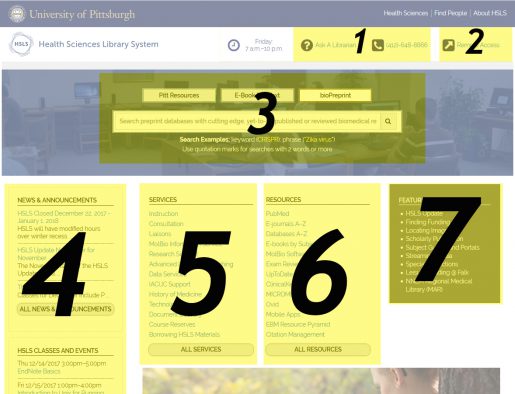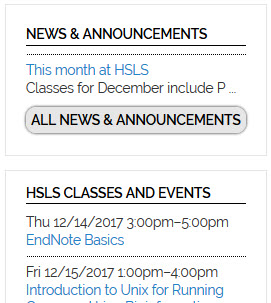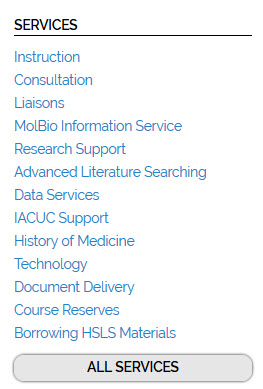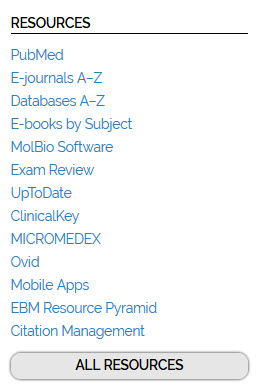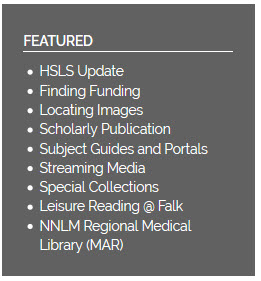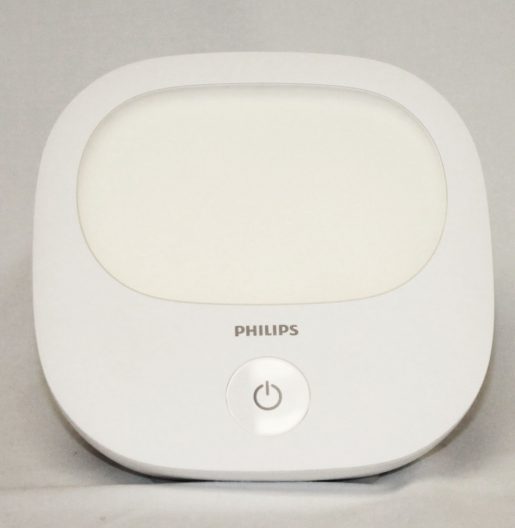 Did you know that in 2015 climatologist Brian Brettschneider ranked Pittsburgh in the top five dreariest cities in the United States? By February, the shorter days, bad weather, and lack of windows in the library may cause a decrease in feelings of well-being. Depressive disorder with seasonal pattern (winter-type), formerly known as seasonal affective disorder (SAD), can cause symptoms such as loss of energy, increased appetite, and feelings of sadness. If you are experiencing these symptoms, you may need to talk to your doctor or consult with the mental health resources available at Pitt. However, if your symptoms are mild you may consider using one of the eight light therapy boxes HSLS has available to borrow.
Did you know that in 2015 climatologist Brian Brettschneider ranked Pittsburgh in the top five dreariest cities in the United States? By February, the shorter days, bad weather, and lack of windows in the library may cause a decrease in feelings of well-being. Depressive disorder with seasonal pattern (winter-type), formerly known as seasonal affective disorder (SAD), can cause symptoms such as loss of energy, increased appetite, and feelings of sadness. If you are experiencing these symptoms, you may need to talk to your doctor or consult with the mental health resources available at Pitt. However, if your symptoms are mild you may consider using one of the eight light therapy boxes HSLS has available to borrow.
Light therapy is prescribed as a treatment for SAD with or without other interventions. There is limited evidence in support of bright light therapy to prevent winter depression. At the Technology Help Desk on the upper floor of Falk Library, Philips and Sphere light box models are available for circulation for up to 1.5 hours a day. The light boxes are small and the intensity (lux), wavelength, and duration of exposure (1 hour max) can be adjusted before use. Get comfortable and make sure that you can see the light in your peripheral vision. Experiment with different positions to minimize discomfort or eye strain. Feel free to multi-task and continue working and you may find yourself just a bit happier once your session is complete!
~ Rose Turner
 For a limited time in February, Falk Library invites you to visit a new exhibit, Walk On By. Courtesy of Northside Common Ministries, Walk On By features artwork by Pittsburgh artists looking at homelessness in our region. This exhibit has traveled to four local libraries and was featured at the Future Tenant Art Gallery downtown in 2017. The art pieces, including photography, painting, cartoons,
For a limited time in February, Falk Library invites you to visit a new exhibit, Walk On By. Courtesy of Northside Common Ministries, Walk On By features artwork by Pittsburgh artists looking at homelessness in our region. This exhibit has traveled to four local libraries and was featured at the Future Tenant Art Gallery downtown in 2017. The art pieces, including photography, painting, cartoons, 
 The
The 